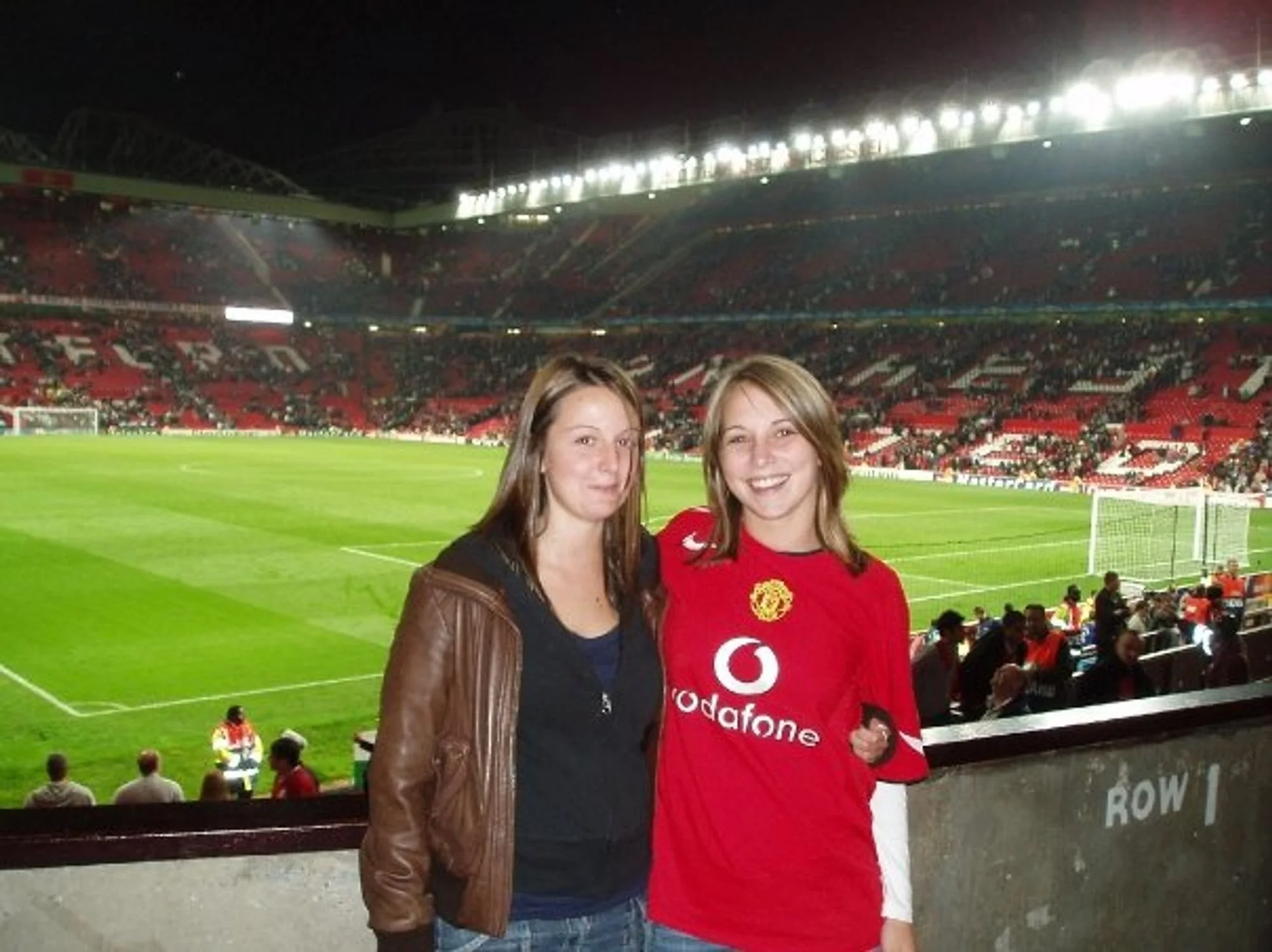Manchester United bans remote work
Here's a secret: I am a Manchester United fan!! ❤️😈
And... Sir Alex Ferguson sang “Michelle my Belle” to me many years ago!
Therefore, seeing that Manchester United has decided to ban remote work bothers me A LOT!
Sir Jim Ratcliffe, now overseeing football operations at Manchester United after purchasing a 25% stake in the club, has warned employees to find new jobs if they do not want to comply with his ban on remote working.
Like many businesses, Manchester United adopted a work-from-home policy during the pandemic. However, Sir Jim ended this policy during an all-staff meeting held both in person and via video call in May 2024, part of his tour of Old Trafford and the Carrington training base.
He believes that having everyone on site will significantly boost productivity and working relationships, ultimately helping the team return to top form.
Some of the 1,000 employees were reportedly puzzled by the announcement, especially since United’s London and Manchester offices lack sufficient space to accommodate everyone (So, where are these people going to work from? The football pitch?).
Sir Jim's justification for banning remote work stems from his experience at one of his other companies, where email traffic dropped by 20% when employees were allowed to work from home on Fridays. He provided no other insights on productivity, profit, or revenue, yet concluded that working from home doesn’t work…
It's unclear how a drop in email volume at another company relates to Manchester United, making it seem like remote work is being used as a scapegoat for the club's current poor performance.
Is your company forcing you to return to the office with no real justifications?
YES! BUT I WANT TO CONTINUE WORKING REMOTE!
Why Ratcliffe’s Remote Work Ban Matters Beyond Football
Sir Jim Ratcliffe’s decision to end remote work at Manchester United isn’t just a sports headline—it reflects a growing corporate backlash against work-from-home policies. Similar mandates have come from tech giants like Apple, Meta, and Dell. This move signals a broader effort by top executives to restore traditional workplace culture, under the belief that in-person collaboration drives innovation and discipline.
At Manchester United, Ratcliffe has described remote work as contributing to “institutional rot.” That language mirrors concerns from other industries where leaders argue that remote work weakens accountability and team cohesion. His stance is controversial—but it aligns with a global shift back toward office-based work, especially among legacy organizations seeking to rebuild performance and internal trust.
Impact on Staff and Office Logistics
The most immediate consequence of the remote work ban is logistical strain. According to multiple reports, Manchester United currently lacks the desk space in its London and Manchester offices to accommodate all staff. With over 1,000 employees affected, the abrupt shift has created confusion and frustration among workers.
Ratcliffe’s rationale? A 20% drop in internal email traffic was cited as evidence of declining productivity. However, some employees argue that email is a poor proxy for performance. The sudden return-to-office order—without expanded office infrastructure—has also raised questions about planning and feasibility.
Additionally, staff were told that if they did not wish to return to the office full time, they should “seek alternative employment.” This ultimatum has reportedly led some employees to consider resigning or requesting redundancy.
Industry and Employee Reactions
Reaction to Manchester United’s policy shift has been mixed. Some commentators, including former Crystal Palace owner Simon Jordan, have praised the move as a bold and necessary correction. Jordan noted that strong in-office culture was key to successful organizations, both in sports and business.
Others see the decision as outdated. Critics point to research showing that productivity in remote roles can rival or even exceed in-office work, depending on job function and management style. Employees at the club have expressed frustration, describing the policy change as abrupt and demoralizing. On social media, the phrase “institutional rot” has drawn ridicule, with some pointing out the disconnect between upper management’s vision and day-to-day realities.
The shift has also reignited broader conversations about trust, leadership, and what constitutes real productivity in the modern workplace.
What It Means for Remote Workers and Employers
Manchester United’s remote work ban is more than a football club’s HR decision—it’s a case study in how legacy institutions are rethinking the future of work. For employers, it raises questions about how to measure productivity beyond outdated metrics like email volume. For remote workers, it’s a reminder that flexibility is not guaranteed—even in roles where physical presence isn’t essential.
The key takeaway is this: return-to-office mandates must be backed by clear reasoning, sufficient infrastructure, and mutual trust. Otherwise, companies risk disengaging employees and losing talent. Hybrid and remote work models require thoughtful leadership—not blanket reversals. Manchester United’s experience could serve as a cautionary tale or a turning point, depending on what comes next.

